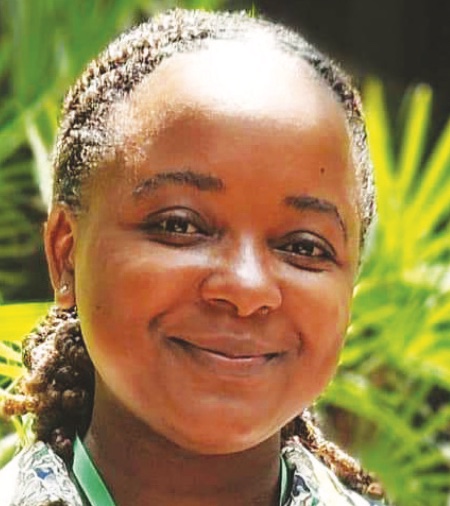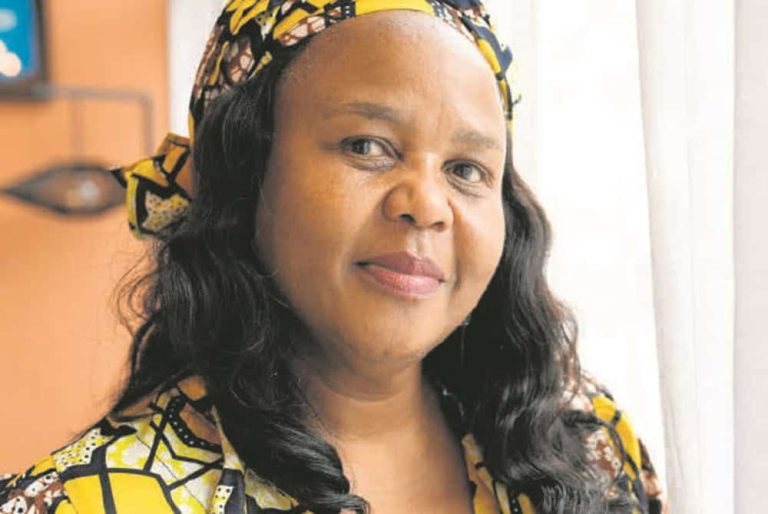
Screenshot

We often say that young people in Uganda need spaces to speak, articulate their social concerns and influence policy.
Recent National Census statistics indicate that Uganda is a young country with children (0-17 years) accounting for 50.5 per cent of the population and youth (18- 30 years) representing 22.7 per cent.
While youth demographics are this compelling, youth unemployment remains rife. There are equally limited spaces /fora where young people can meaningfully voice their concerns, be heard and taken seriously, free from different forms of exploitation.
It might sound ironic to cry about the lack of platforms for youths to voice their concerns, especially in an increasingly media-driven and online world. There are many media platforms accessible to the youth, where they are increasingly being drawn into, some creatively hooking up gigs for a living or advance activism on issues that affect the young.
Yet, having a platform (e.g., social media) to voice youth issues has not always translated into creating meaningful impact.
While social media offers a powerful platform to air pressing social concerns, it can equally be a dangerous trap for those without grounded principles, especially in the growing neoliberal, individualistic and exploitative global environment.
There is a growing wave, popular in social media, where young people are drawn into trendy ‘gigs’ just to make sure their pockets are not empty. In the process, they lose sight of what they truly stand for.
By ‘gigs,’ I refer not only to quick money-making opportunities but also trends like the popular ‘social media influencer’ culture. Many young influencers give the impression of spotlighting important issues, but their actions often remain limited to promoting hashtags, likes, shares and quick reposts, rarely translating into sustained change or meaningful activism.
The recent #StopAirtelTheft campaign by Dr Jimmy Spire on the X platform, launched on August 7, 2025, raised complaints about mobile money theft despite customers’ repeated reports.
Contrarily, after a few days, Airtel responded with #AirtelCares to showcase concern for its customers. The hashtag (#AirtelCares) has been trending alongside the Spire campaign calling for institutional accountability, in ways that reveal the complexity of media platforms.
These evolving media dynamics reveal the competitive and likely exploitative discourses that young people are often entangled in. Such dynamics are an alert to us as youth activists and change makers to critically reflect on spaces we inhabit, the messages we create and advocate for and the impact they have on our everyday social needs and interests.
My call to young people is to be aware of the globally-evolving money-driven, individualistic and exploitative ventures, and aspire to challenge them. How do we move beyond being excited and contented with being hired to influence media trends through hashtag campaigns?
How do we nurture a value-driven culture of hard work with integrity? How do we tap into the skill and wit of some of the older generation to survive the onslaught of neoliberal exploitation?
How do we claim spaces (virtual or otherwise) and voice our concerns in ways that meaningfully influence active engagement with our institutions to listen to youth concerns; to take youth seriously, that are inclusive and accountable to youth needs?
I believe the youth can be different from the generation that we hope to replace, a generation whose mistakes we often criticize, yet risk repeating when we compromise our principles for short-term rewards.
If we inherit their seats but not their failures, then we will truly change the future. What young people need, perhaps more, is mentorship than microphones. Voices are important, but without guidance and grounding, they risk becoming just noise in an already crowded space.
Uganda’s youths are capable of being more than hashtag participants; they can be changemakers who stay the course, even when the money is tempting. This requires discipline, integrity and the courage to say no to short-term gain in favour of long-term impact.
The writer is a social activist



